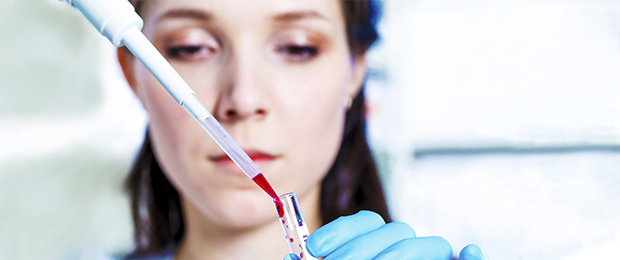Unesco’s International Bioethics Committee (IBC), comprising thirty-six independent experts (scientists, philosophers, lawyers and ministers) met in Paris on 29 and 30 September, and 1 October. On Monday, it publicised a report unveiling its “thoughts on the human genome and human rights”. The IBC has called for a moratorium “on human reproductive cell DNA ‘printing’ techniques in order to halt the genetic ‘editing’ of the human germline, warning of the danger of tampering with hereditary traits that could lead to eugenics”.
Since 2012, numerous techniques have been developed by scientists in the field of DNA editing. The most well-known technique is CRISPR-Cas9 which allows scientists “to insert, withdraw and correct DNA simply and effectively”. Although the technique is promising because it “paves the way for treating and even curing certain diseases simply and effectively” such as cystic fibrosis and certain cancers, it can make modifying the human genome more accessible. In providing an opportunity to modify human DNA to “determine the colour of a baby’s eyes” for instance, we are heading towards the slippery slope of eugenics.
“Interventions on the human genome should be admitted only for preventive, diagnostic or therapeutic reasons and without enacting modifications for descendants. Otherwise this could jeopardise the equality and dignity of all human beings and renew eugenics”, the committee said.
Note Gènéthique
To find out more about the CRISPR-Cas9 technique and the debates triggered by its use, see Gènéthique des 11 juin 2014, 1er avril 2015 et 4 septembre 2015.
AFP (05/10/2015) – Notre Temps (05/10/2015)

